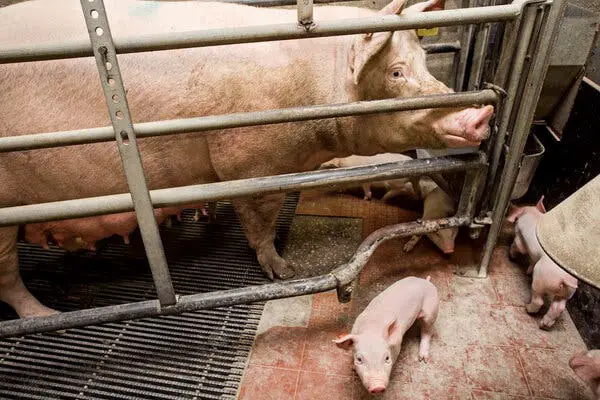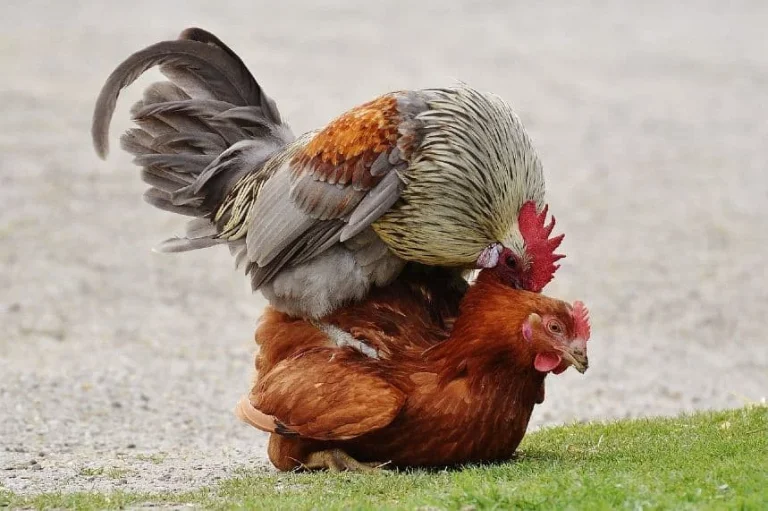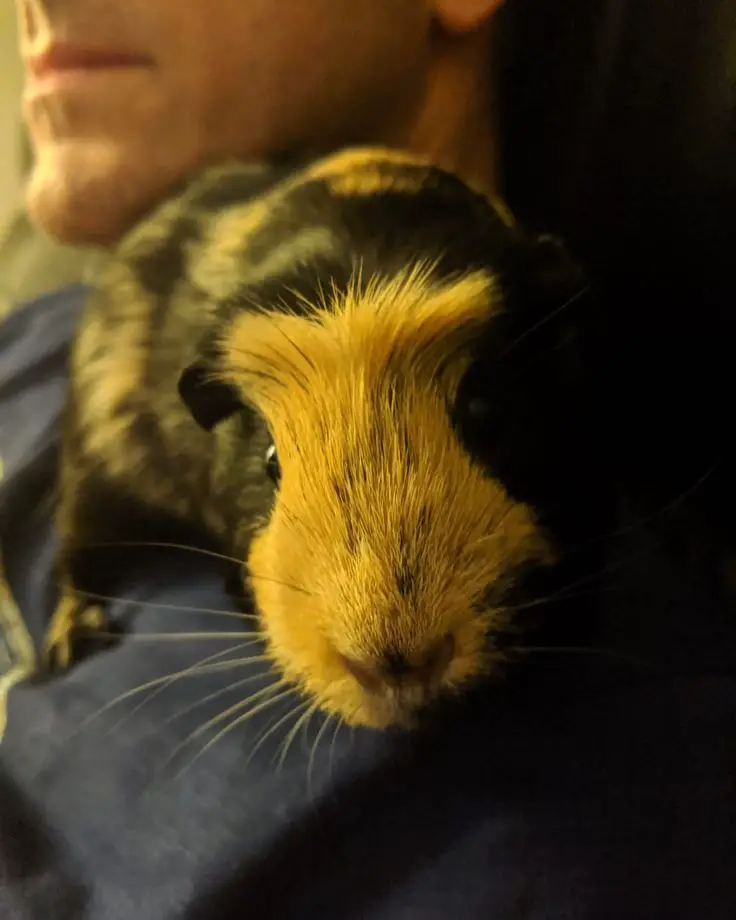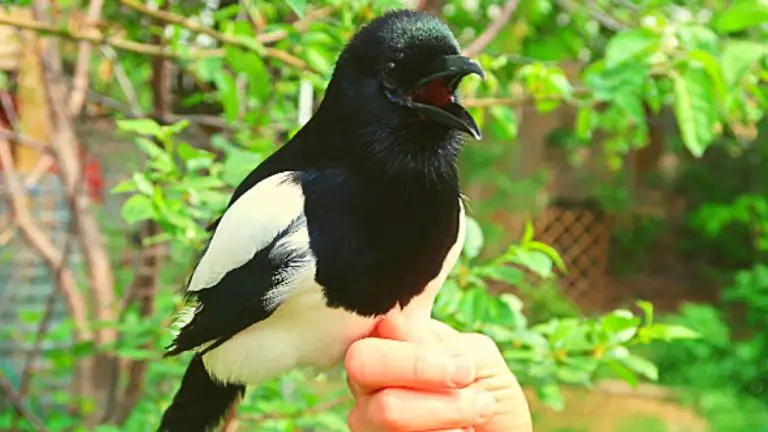Why Don’t Animals Cook Their Food
Animals don’t cook their food because they lack the necessary skills and tools. Cooking requires complex techniques and fire, which animals have not developed or acquired.
In the natural world, animals have adapted to their environments and evolved different feeding behaviors to obtain nutrients from their food sources. Some animals consume their food as it is, while others use specialized methods such as chewing, tearing, or swallowing whole.
This is because animals have evolved to digest their food in its natural state, without the need for cooking. Cooking is a unique skill possessed only by humans, resulting from our ability to control fire and complex cognitive abilities. This ability has allowed us to unlock the nutritional potential of various foods, enhance flavors, and eliminate harmful pathogens. So, while animals have their own strategies for obtaining nutrition, cooking remains an exclusive practice of human culture.
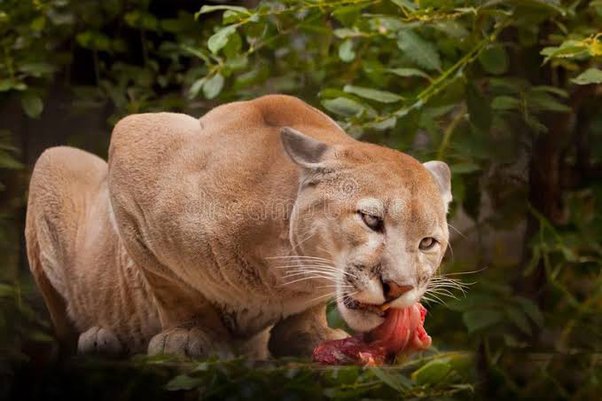
Evolutionary Adaptations
Animals do not cook their food because they have evolved various adaptations to obtain and digest nutrients from raw sources, such as having different types of teeth, specialized digestive systems, and enzymes capable of breaking down raw food. These evolutionary adaptations enable animals to survive and thrive in their natural habitats.
Animals have evolved over millions of years to adapt to their environments, and their feeding habits play a crucial role in their survival. The way animals obtain and process their food is influenced by their anatomy, physiology, and natural abilities.
Let’s explore how different animals have evolved unique digestive systems and behaviors when it comes to cooking their food.
Animals’ Digestive Systems And Cooking:
- Carnivores and scavengers:
- Carnivores like lions, tigers, and wolves have shorter digestive tracts that are optimized for quickly processing and extracting nutrients from raw meat.
- They possess strong stomach acids and enzymes that aid in breaking down proteins and fats efficiently.
- Cooking their food is unnecessary for them since their digestive systems are specifically adapted to handle raw meat.
- Herbivores and omnivores:
- Herbivores like cows and horses have longer digestive tracts to extract nutrients from plant material.
- They have specialized stomach compartments, such as a fermentation chamber, to break down cellulose present in plants.
- Cooking is not essential for herbivores, as their digestive systems have evolved to handle raw vegetation effectively.
- Omnivores like bears and humans have more versatile digestive systems that can process both meat and plants.
- While humans have developed the ability to cook food, it is not a biological necessity, but rather a cultural and evolutionary adaptation for various reasons.
Animals’ digestive systems and eating habits have evolved to suit their natural diets, determining whether cooking their food is necessary or beneficial. Understanding these adaptations helps us appreciate the diversity of the animal kingdom and the intricacies of their survival strategies.
Instinct And Natural Behavior
Animals rely on instinct and natural behavior rather than cooking their food due to evolutionary adaptations. With a digestive system designed to process raw food efficiently, cooking is unnecessary for their survival. This innate behavior ensures their survival in the wild.
Animals’ Food Choices In The Wild:
- Animals in the wild have a natural instinct to select their food based on their dietary needs and the availability of prey or vegetation.
- Their food choices are driven by a combination of factors such as taste, nutritional value, and energy requirements.
- Carnivorous animals primarily rely on hunting and consuming other animals for sustenance.
- Herbivorous animals, on the other hand, have adapted to eat plant material to satisfy their nutrient needs.
Hunting And Survival Instincts:
- Animals’ hunting skills and survival instincts are honed over generations to ensure their success in capturing prey.
- Predators possess innate abilities like speed, agility, and sharp senses that enable them to locate, chase, and catch their food.
- They rely on an instinctual understanding of their prey’s weaknesses and behaviors, allowing them to seize opportunities and secure their meals.
- Prey animals, on the other hand, have developed evasion tactics, camouflage, and defensive mechanisms to avoid being caught.
Raw Food Vs Cooked Food:
- Animals in the wild primarily consume raw food as they lack the means to cook their meals.
- Raw food provides animals with the necessary nutrients in their natural and unaltered state.
- Cooking food artificially changes its composition, altering taste and nutritional value, which would be counterproductive for animals’ survival.
- Animals’ bodies are adapted to efficiently digest and absorb raw food, ensuring they receive maximum nutrition from their diet.
Understanding animals’ food choices in the wild requires an examination of their instinctual behaviors and natural tendencies. Animals select their food based on various factors such as taste, nutritional value, and energy requirements. Carnivorous animals rely on their hunting skills to catch and consume other animals, while herbivorous animals have adapted to feed on plant material.
Their hunting and survival instincts are crucial for successful prey capture and evasion. In nature, animals primarily consume raw food, as cooking alters its composition and nutritional value. Their bodies are adept at digesting raw food to extract maximum nutrition.
Nutritional Benefits Of Raw Food
Raw food offers numerous nutritional benefits due to its high content of enzymes, vitamins, and minerals. Animals don’t cook their food because they instinctively know that raw food retains its natural nutrients and is more easily digestible, promoting overall health and well-being.
Raw food has long been a staple in the diets of many animals. While humans have evolved to cook their food, animals still prefer their meals to be in their natural state. There are several reasons why animals don’t cook their food, and one of the main ones is the numerous nutritional benefits of raw food.
Let’s explore some of these benefits:
Retention Of Vital Nutrients
- Raw food retains higher levels of essential vitamins and minerals compared to cooked food.
- The heat from cooking can cause the loss of water-soluble vitamins like vitamin C and B vitamins.
- Raw food maintains the natural integrity of nutrients and enzymes, which are crucial for optimal health.
Enzymes And Digestion
- Raw food contains natural enzymes that aid in the digestion process.
- These enzymes help break down food particles, making it easier for animals to absorb nutrients efficiently.
- By consuming raw food, animals support their digestive systems without relying solely on their body’s own enzyme production.
Improved Overall Health And Immune System
- The consumption of raw food promotes a healthy digestive system, leading to better nutrient absorption.
- Raw food is less processed and does not contain additives or preservatives, which can have negative effects on health.
- The raw food diet supports a strong immune system by providing the necessary nutrients for optimal function.
Animals choose to eat their food raw because of the nutritional benefits it provides. Raw food retains vital nutrients, contains natural enzymes for digestion, and contributes to overall health and a robust immune system. By understanding the advantages of raw food, we can make informed choices about our own diets and the well-being of our animal companions.
Embracing the nutritional benefits of raw food can help us lead a healthier and more vibrant life.
Frequently Asked Questions For Why Don’T Animals Cook Their Food? The Truth!
Why Are Humans The Only Animal That Cook Their Food?
Humans are the only animals that cook their food because it enhances taste, kills harmful bacteria, and increases nutrient availability.
Do Animals Ever Cook Their Food?
Animals do not cook their food; they rely on natural instinct to consume it raw.
Did Humans Always Have To Cook Their Food?
Humans did not always have to cook their food; it became necessary as our ancestors evolved.
Why Can’T Humans Eat Raw Meat Anymore?
The human digestive system has evolved to handle cooked meat, making it safer and easier to digest.
Conclusion
The reason why animals don’t cook their food can be attributed to their evolutionary adaptations and natural instincts. Unlike humans, animals rely on their raw strength, speed, and superior senses to survive in their respective environments. Cooking requires advanced cognitive abilities and complex tools that animals simply do not possess.
Additionally, animals have specific digestive systems that are designed to process raw food more efficiently. Their bodies are naturally equipped to extract maximum nutritional value from raw meat and vegetation. Moreover, cooking food would require extra energy expenditure, which could be detrimental for animals in the wild who must conserve energy for hunting, evading predators, and reproducing.
Therefore, it is not surprising that animals have developed unique ways to thrive without the need for cooking their food. By understanding and appreciating these differences, we can gain a deeper insight into the fascinating world of nature and the diverse strategies employed by different species to survive.

